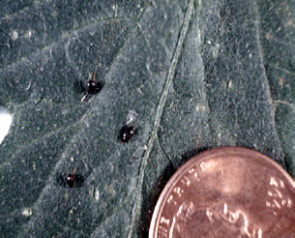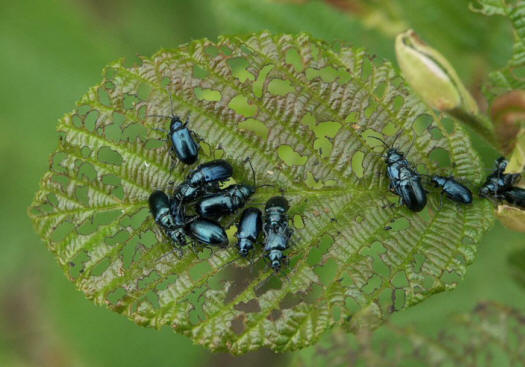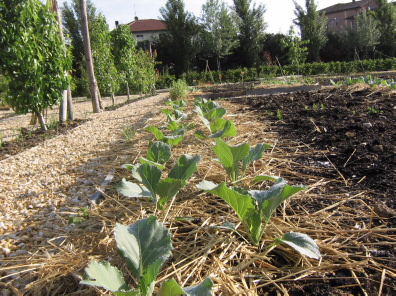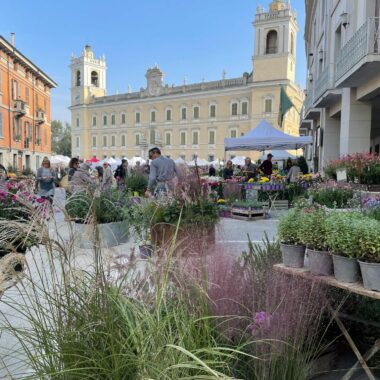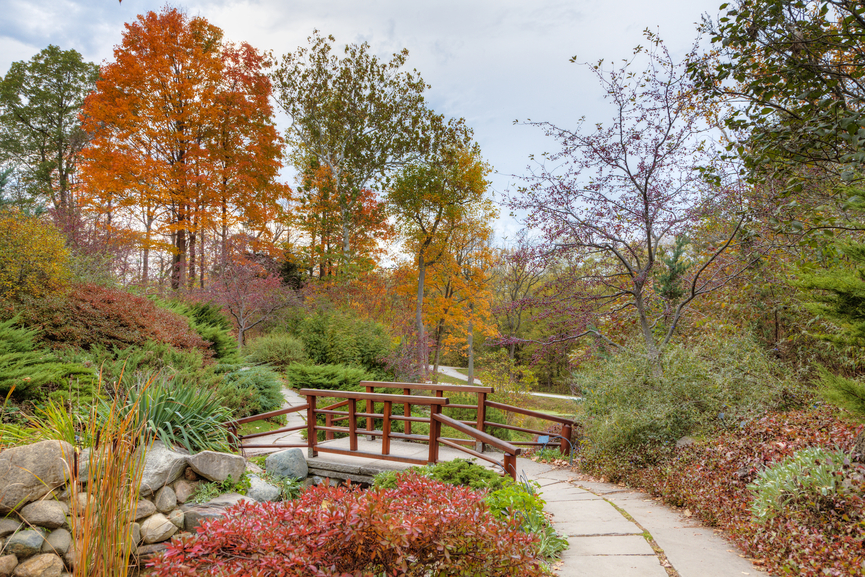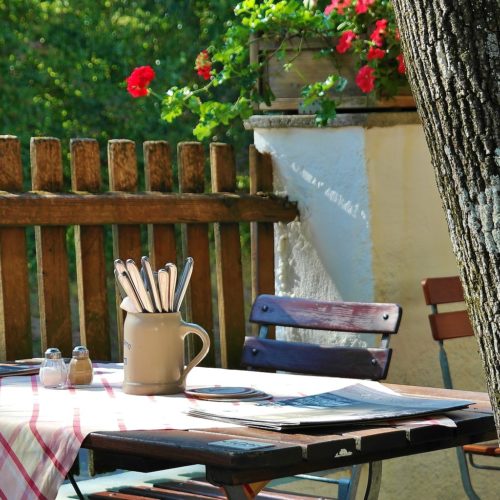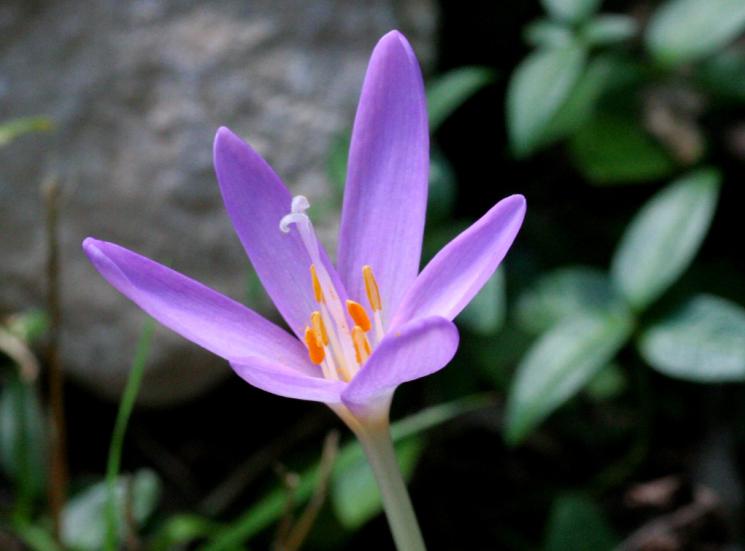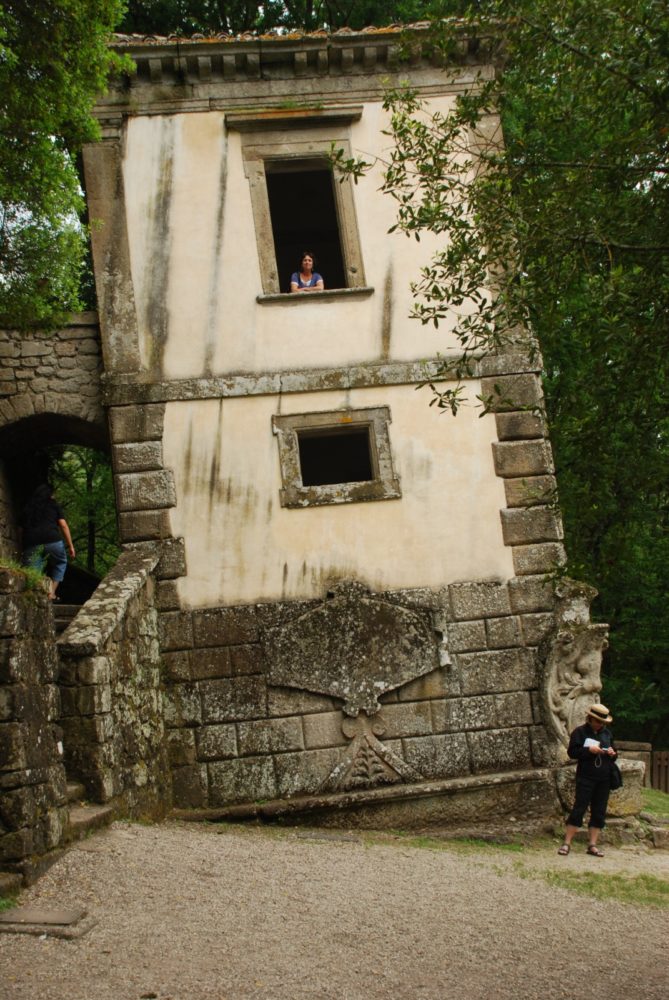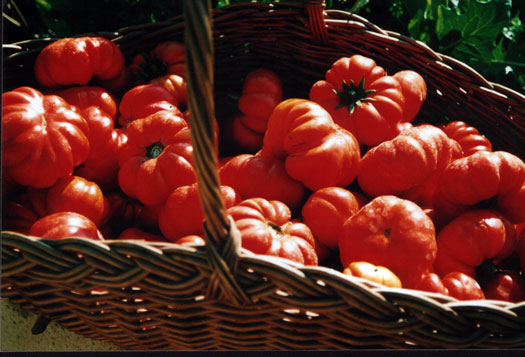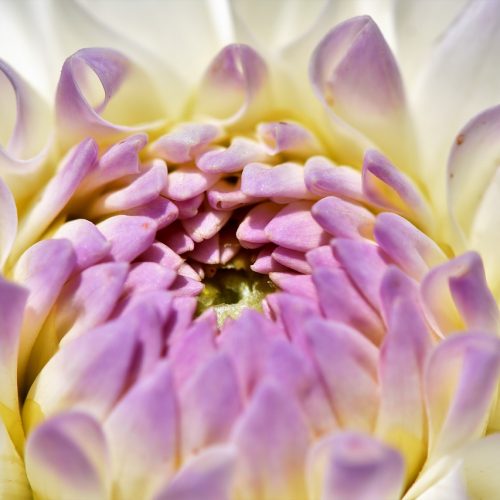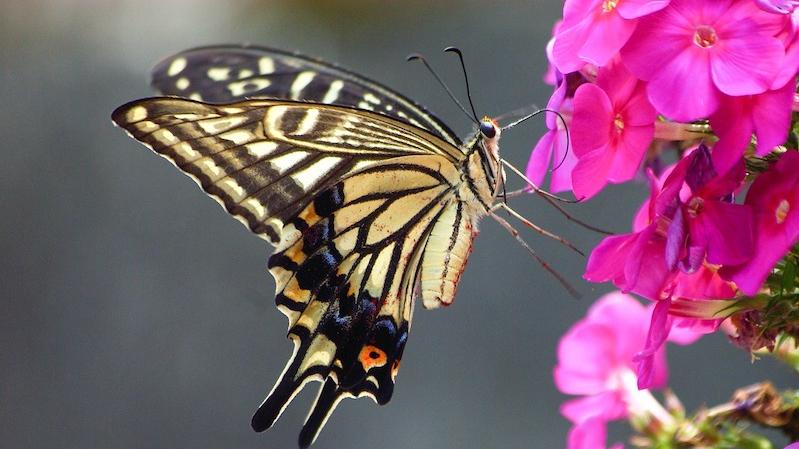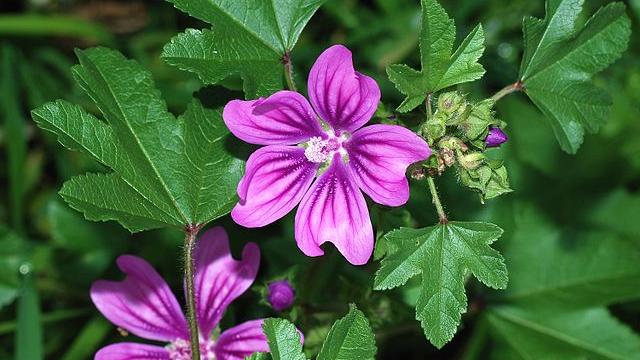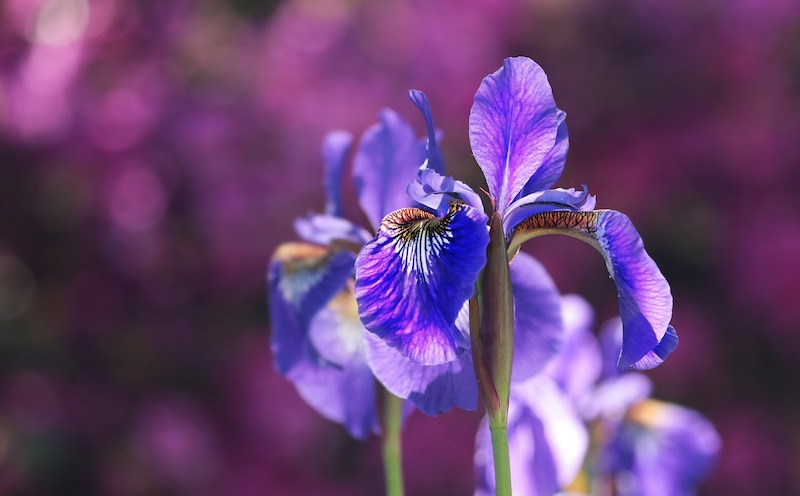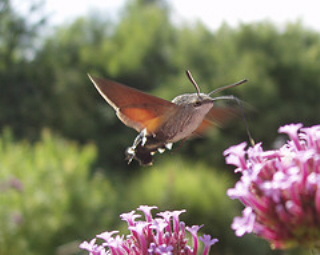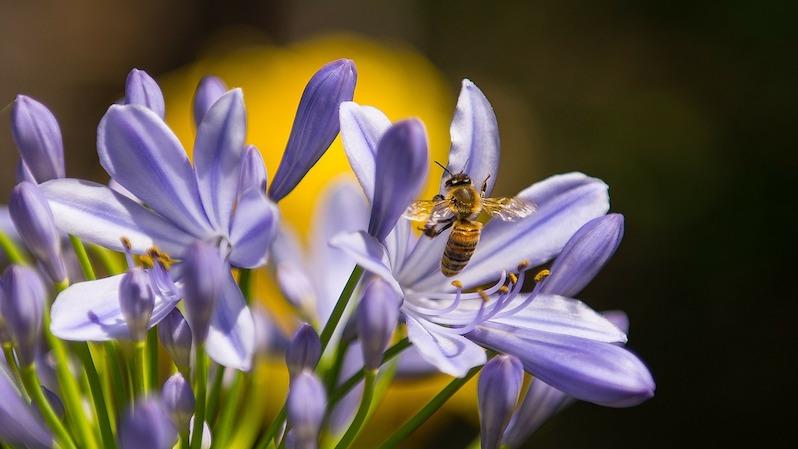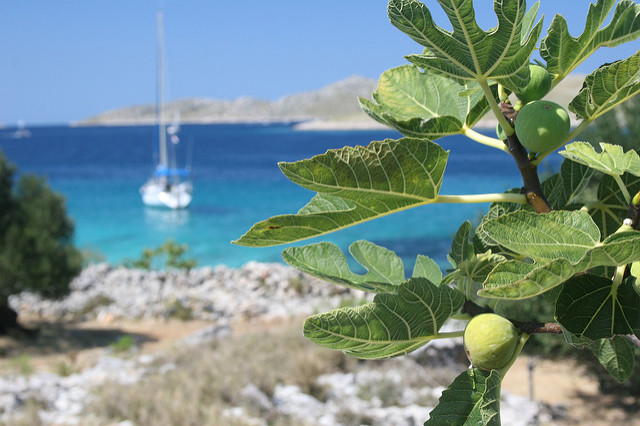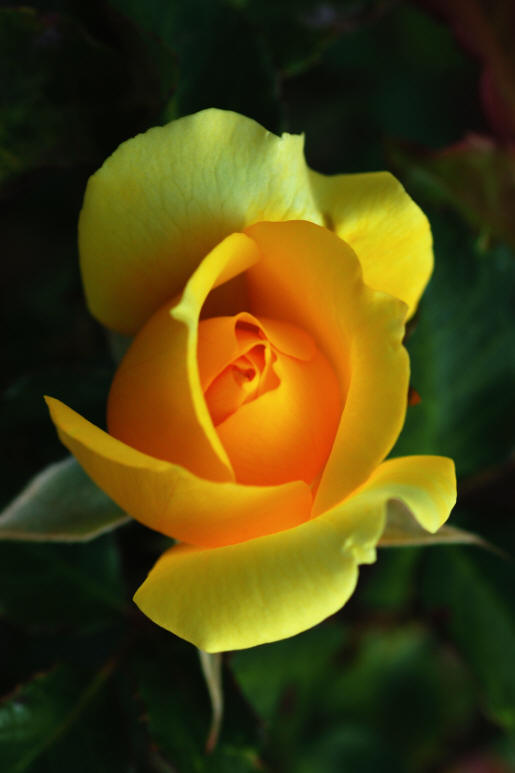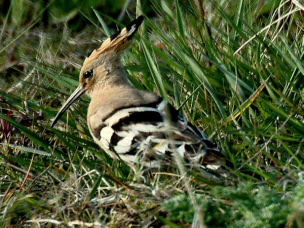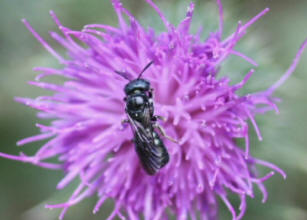Natural Control for Pests in Italian Gardens
The weather here in Italy is lovely right now with glorious sunshine,
blue skies and warm temperatures- but we are not the only ones to make
the most of it…!
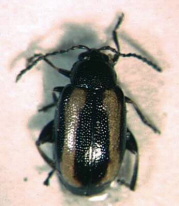
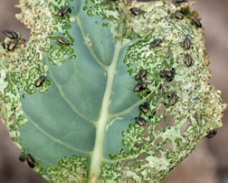
As spring advances the pests in Italian gardens are multiplying by the
hour in our vegetable gardens and flower borders- and they really mean
business! Hungry and voracious after a winter hibernating underground,
under leaf matter and in hedgerows they have their eyes on your vegetable
patch.
The Flea beetle (Phyllotreta spp) is a tiny, industrious
and social little insect that jumps rather like a flea when disturbed-
giving it its name. Despite its minute size it can ravage small seedlings
and young leaves in the vegetable garden by appearing in vast numbers
that quickly set about eating tiny holes in the leaf’s surface thus
nearly destroying the plant.
The adult flea beetle emerges from its hibernation in early spring
and has a flying range of around 1km, it soon lays masses of eggs at
the base of the plant which soon hatch into tiny larvae that feed on
the roots of the plant. On emerging they meet en masse in the nearest
vegetable patch and begin devouring brassicas and other leafy, salad
vegetables – leaving the leaves with large areas that appear to have
been peppered by shot from a shotgun.
The flea beetle is a particularly nasty little pest, in that it is
extremely mobile and difficult to eradicate- without using harmful,
toxic pesticides. Covering the plants with a fine mesh after seeding
can prevent the beetle from reaching the plant and the planting of more
desirable ‘trap’ plants like the Chinese giant mustard (Brassica
juncea ‘Crispifolia’) between rows or around the vegetable garden
can reduce the infestation but its effects are somewhat limited.
Mulching the young plants with straw can benefit the plant by helping
water retention and aiding healthy growth, but by far the most effective
treatment is a simple crushed-garlic and hot chilli spray… let’s do
it the Italian way.
-
 6
6 cloves of garlic
- 1 heaped tablespoon of chili powder
- 1 sliced onion
- 1 tablespoon of pure soap
- 1 large bucket of hot water
Crush the cloves in the water and allow it to rest for a couple of
days.
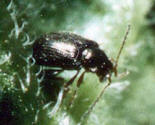 Then
Then
pour the mixture through muslin or an old sheet and the remaining liquid
can then be used as spray.
Hot chili powder can also be dusted on the leaves of plants (preferably
when leaves are slightly damp) to repel the flea beetle and other leaf
eating insects. The application of simple potash at the base of the
plant will deter the emergence of the insect after its larval stage.
By Jonathan Radford

